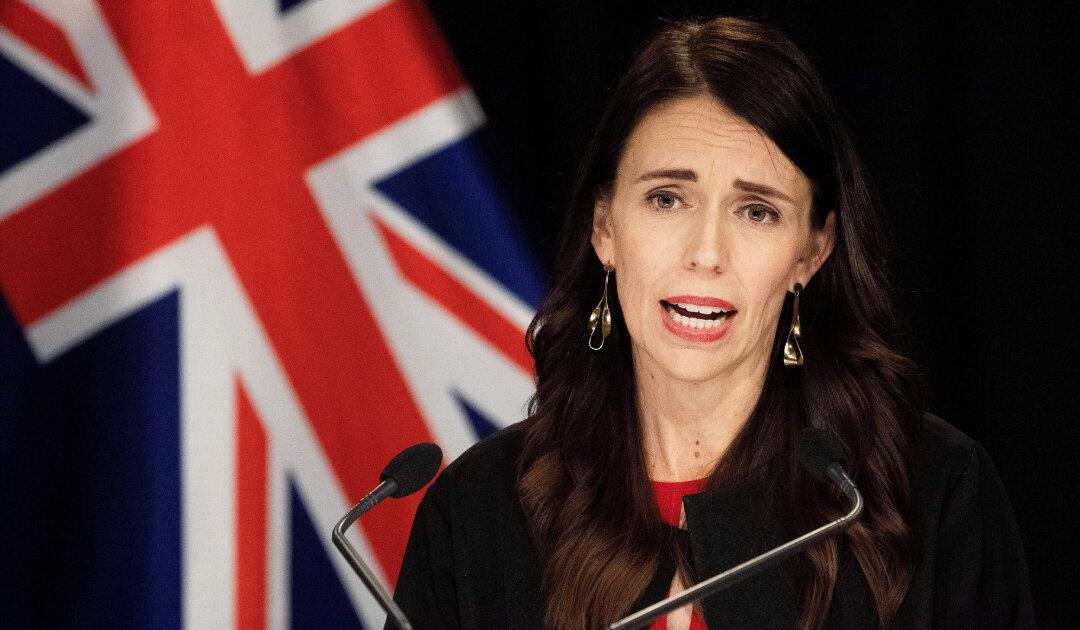New Zealanders will go to the polls on Sept. 19 to decide whether Prime Minister Jacinda Ardern will serve a second term, and to vote in referendums on the divisive issues of legalizing marijuana and euthanasia.
While Ardern is popular among progressive voters overseas for her response to a mass shooting, focus on climate change action, multilateralism, and ability to combine her career and motherhood, her popularity at home has been affected by slowing economic growth and low business confidence, a failed state housing project, and scandals within her coalition government.





